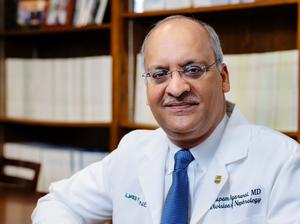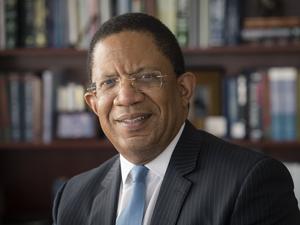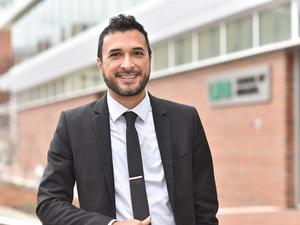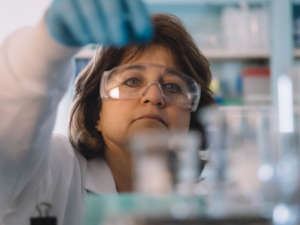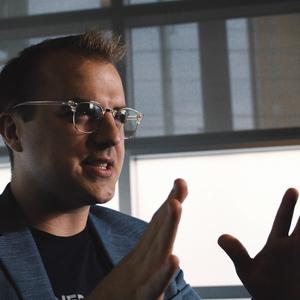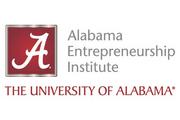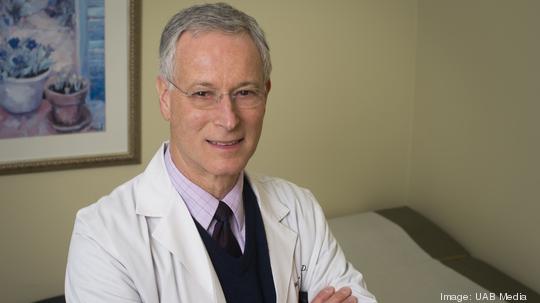
One of the University of Alabama at Birmingham's top-funded research projects involves building a diverse health database of over a million people through the All of Us program.
All of Us is a research program run by the National Institutes of Health, and UAB is part of the Southern All of Us Network. The program is funded by UAB's second largest active grant at $12 million per year for five years. It also received a one-time grant of $7 million to develop a retention program.
The program is challenging a one-size-fits-all approach when it comes to health care and pushing back against the idea that what works best for the average patient is also what works best for individual people. It also aims to prevent researchers from having to spend excessive time creating new databases for every study they conduct.
Database participants agree to share their health records and submit a blood and urine sample. They also respond to questionnaires about their health and changes that may occur over time.
"The data are all stored in a central database and blood and urine specimens in a biobank, and everybody who consents to this has their genome sequenced," said Dr. Bruce Korf, one of the leaders of the UAB All of Us research program. "And the idea of it is basically to populate an unprecedentedly large data set about medical information and biological testing, especially genomics, of large and diverse population to inform the development of new tools and diagnosis and treatment."
Korf is also a Wayne H. and Sara Crews Finley endowed chair in medical genetics, associate dean for genomic medicine at the UAB School of Medicine, chief genomics officer at UAB Medicine and co-director of the UAB-HudsonAlpha Center for Genomic Medicine.
He said the aim of the program is ultimately to improve precision medicine.
"We've talked a lot about the promise of precision medicine but to achieve that promise requires a lot of knowledge about individual characteristics that predict who's going to be affected, in what way, by what condition, and how do you customize the treatment, and it requires this kind of massive amount of information to begin to realize that promise," Korf said.
UAB's specific role in the program involves serving as a site for enrollment in All of Us with an emphasis on enrolling the most diverse population possible.
"Part of the approach to achieving diversity is to understand the concerns that people have in in different areas and with different backgrounds and making sure that the work we're doing is sensitive to the needs of the community," Korf said.
Korf said a majority of the participants UAB has enrolled are historically underrepresented in biomedical research, adding that the participation in the program puts Birmingham on the map as a major player in a national biomedical enterprise.
"I think whenever Birmingham is given the opportunity to do something that becomes nationally or internationally visible, it demonstrates the energy and the human resources that we have, and makes the world realize that this is a very sort of modern, up-to-date, can-do sort of environment," Korf said.
